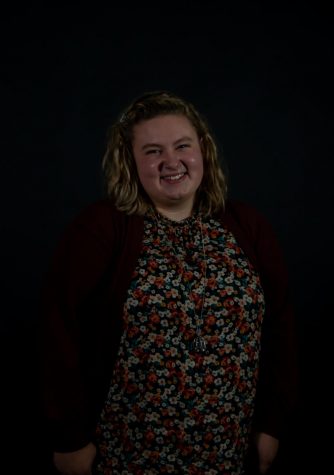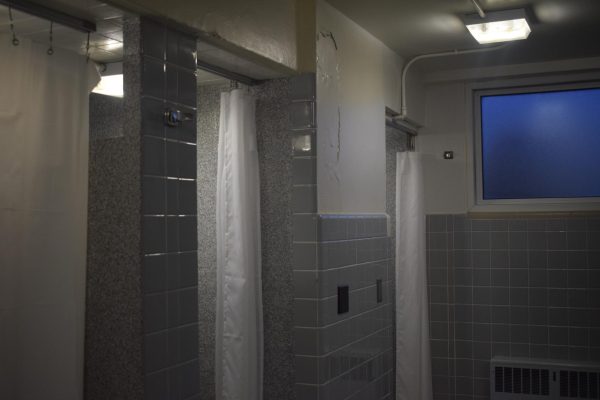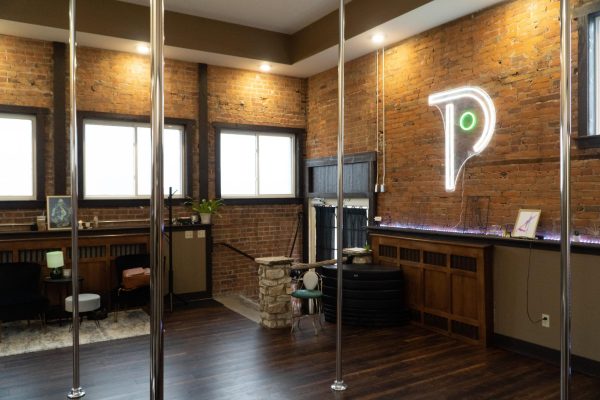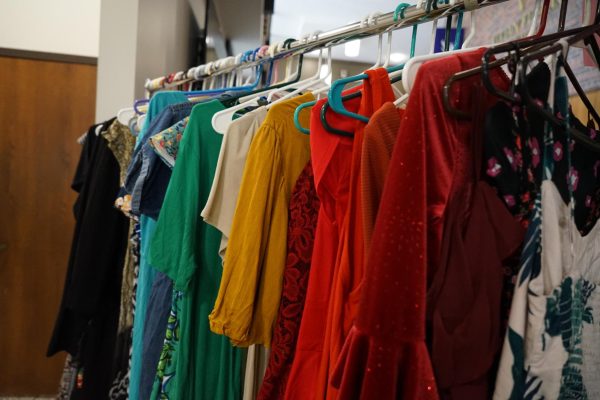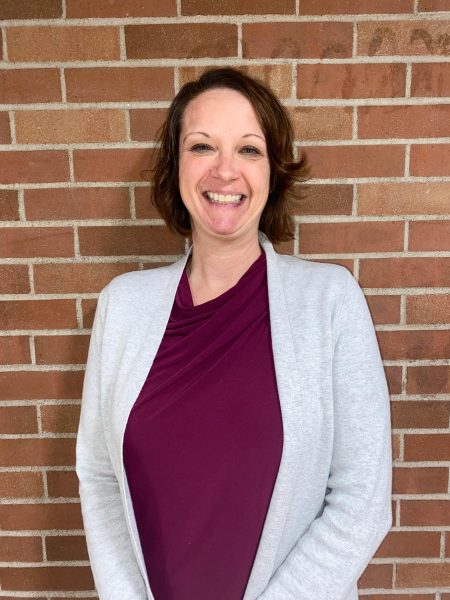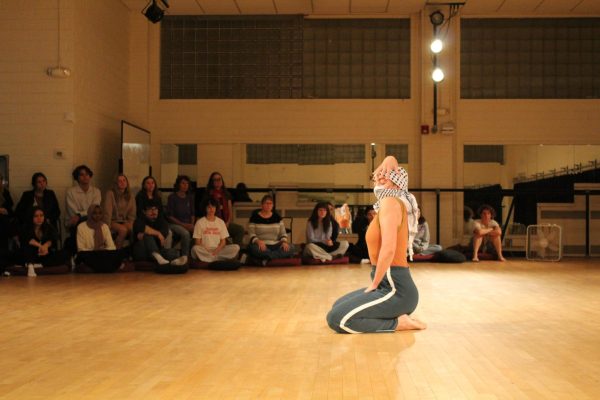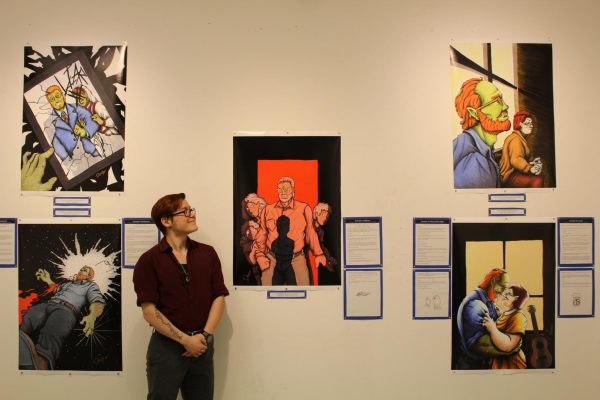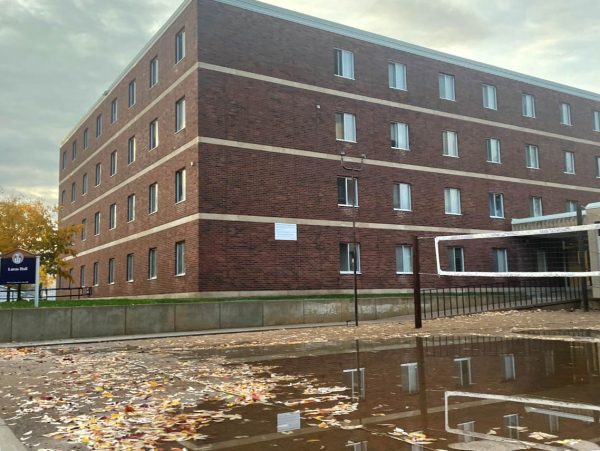Assault victims talk community support
October 30, 2019
After being sexually assaulted, Winona State University students must make many decisions. Telling friends and family, getting a rape kit done, consulting the Women’s Resource Center or RE Initiative and reporting the incident to the school are all options for students. However, one particularly divisive decision survivors must make is going to the police.
In Winona, if a survivor wishes to make a report to the police, they must physically go into the police station to make a statement.
While this brings into question for many the potential issues with racial profiling and accessibility, many who do end up reporting to the police report other issues.
Sarah Ortega was a Winona State graduate majored in public administration, political science, and women’s, gender, and sexuality studies. She now works as a patient advocate at an abortion clinic in Minneapolis.
When she attended Winona State, she was sexually assaulted by her ex-boyfriend. After reporting to both police and university, the assailant was expelled from school. However, Ortega’s experience with police was different.
“I got no justice on a legal level,” Ortega said. “My case was closed because there was not sufficient evidence to bring it to trial, despite a recorded phone call of him admitting it, him sending me $80 and a handwritten letter asking me to drop charges, and a rape kit I did. I felt blamed by police.”
According to Ortega, the police officers assigned to her case told her to be more careful in the future and wrote in the police report that her rapist was a “good student.”
Despite being later diagnosed and treated for PTSD, Ortega received no legal justice.
Ortega is not alone in believing the police were biased against her.
Taylor Preston was a Winona State student from fall 2017 to spring 2019, majoring in cell and molecular biology. She is currently taking time off school to work and save for her education.
When Preston was attending Winona State, she was assaulted at a Tau Kappa Epsilon party. After drinking and smoking marijuana, Preston appeared at a house with her rapist with no memory of how she got there.
After being raped by him, Preston was pushed out of his house and forced to walk the two miles home at 3a.m.
“I reported this to the police two months later after working up the courage to tell my parents,” Preston said. “I didn’t really know how to process it after it happened. I bled for four days after the incident, I don’t know why I didn’t think to report it. Shock, maybe.”
Preston is not alone in delaying reporting. For many, reporting to the police right away is not a possibility.
According to Scott Berkowitz in a 2018 CBS article, many survivors do not report because of fear of the perpetrator attacking again, social pressures or shame.
However, once Preston decided to report, she noticed a disturbing pattern. After telling the officer in charge of her case repeatedly that she did not remember the house where she was raped, he drove her around for 45 minutes, asking her if she remembered anything. After that, she was released and told that an investigator would call her in a few days.
“I didn’t hear from anybody for two weeks and I was the one who had to call them to find out if this guy had been put away or found and they told me they didn’t even talk to the guy,” Preston said. “His record showed no history of assault or rape, so they didn’t even bother looking further into it.”
After Ortega’s assault, she did advocacy work on campus and at a national level for sexual assault survivors. Though she no longer does advocacy work for sexual assault survivors, she knows that she does her part by advocating for women in the clinic she works at.
After a while of “stuffing down” the emotions and memories of her assault, Preston found that talking to a therapist and the people around her about what happened was what started the healing process.
“It seemed like every 1 in 3 people I talked to at WSU had experienced sexual trauma and half of those people experienced it in Winona,” Preston said. “Go talk to somebody. Even if you think you’re fine and don’t need it, go talk to a therapist about what happened in full. Don’t leave anything out because you won’t get any weight off your shoulders.”
Chief of Police Paul Bostrack and Deputy Chief Tom Williams both did not respond to requests for comment on police training and proceedings for cases of sexual assault.























































